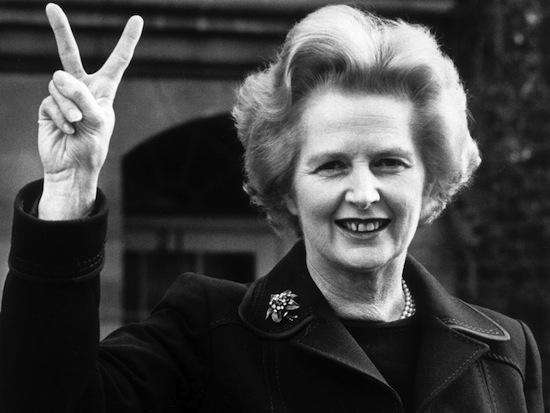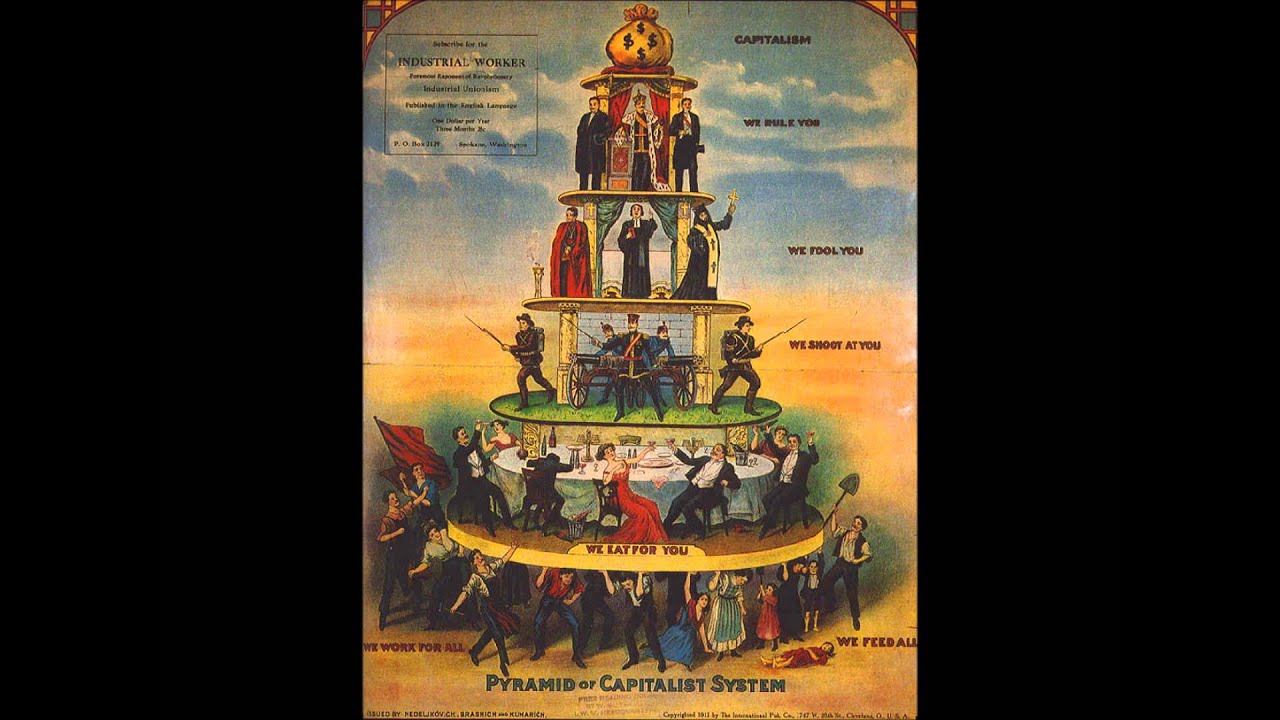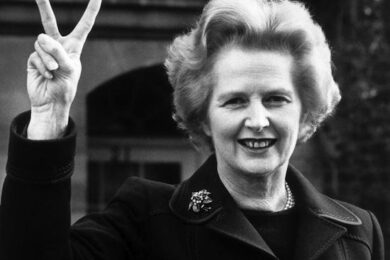With a General Election looming, a question which is in danger of becoming hoary has once again reared up among columnists and more senior musicians. Why, grumble some including Damon Albarn this past weekend, do pop and rock no longer seem to have a political edge? There’s a sense, some reckon, of heads-down expediency among today’s generation, that however tousled their hair may be or serrated their ‘indie’ guitar stylings, they are aspirational rather than countercultural. Is there even such a thing as the ‘counterculture’ anymore, outside of the dreams of 40-and-50-somethings brooding wistfully over their large vinyl collections? What has become of the insurrectionary spirit of rock’s halcyon years, before postmodernism set in and hip ironicism usurped an older, angrier spirit of authentic rage? Where is the Doc Marten energy of the old days, of rock music as soundtrack to petrol bombs and stand-offs with cordons of crewcut police?
Time was, we kind of recall, when if you had an edge about you, a vital pulse that was beyond mere pop entertainment, you’d be championed by the NME. And when you were interviewed by the NME, it was an article of faith that you would declare your leftist political credentials, probably appended with a disenfranchised complaint to the effect that none of the political parties were up to scratch. It would be manifest in the taper of your trousers, the shock of your hair and your sound, maybe even the facetious knot of your tie. It was unthinkable that the Conservative leader of the country would know you exist, let alone praise you. Margaret Thatcher openly expressed her musical preference for ‘How Much Is That Doggy In The Window’; David Cameron, meanwhile, equally as vile, is a fan of The Killers and Mumford & Sons. He also had a fondness for The Smiths, though Johnny Marr, being old school, immediately protested Cameron’s endorsement.
The reality, now as then, is a little more complex, as is the relationship between pop and politics itself which has rarely been satisfactory. Certainly, it isn’t an immediate given that rock’s pantheon of leftfield heroes were of the left. Ian Curtis of Joy Division not only voted Conservative in 1979 but persuaded the Liberal candidate to give him a lift to the polling station in order to do so. The Jam also proclaimed that they were voting Tory. In doing so, they weren’t merely revealing their fundamentally reactionary streak (though Weller, a later staunch member of Red Wedge, certainly changed political hue). If punk was at all politically disaffected, it was by the complacent, moribund mediocrity of the Callaghan administration and the frayed, flared Britain over which it presided. Punk and Thatcherism were united in that respect, had come to administer short sharp shocks, albeit in very different ways.
Eric Clapton’s appalling pro-Enoch Powell rant which led to the formation of Rock Against Racism is well known, as is David Bowie’s infamous flirtation with fascism and fascination with Hitler that fatuously accompanied his shrewd embrace of Krautrock in the 1970s. But reactionary views were more widespread. Jimmy Page was a longtime admirer of Tory PM Edward Heath, Rod Stewart railed against immigration while most of the rock’s aristocracy, the Stones included, were put out by what they saw as the punitively high level of income tax imposed by Harold Wilson, something which even vexed that noted anti-materialist George Harrison (‘Taxman’). Jimi Hendrix is assumed to have provided the flaming soundtrack to the anti-Vietnam dissent of the late 1960s but he was only persuaded very late to that particular cause – well into his career, as an ex-paratrooper, he was all for American involvement in ‘Nam and even contributed musically to a campaign to drum up new military recruits.
After punk, artists may have paid airy lip-service to leftist ideals but without much rigour, preferring an airy, dopey, Russell Brand-style "Whoever-you-vote-for-the-government-always-gets-in" – style stance. Billy Bragg often ended up being pretty much the lone carrier of the pop-star-as-socialist banner, one who understand that actual street politics is a tedious, door-to-door trudge, minutiae and fudge, whose mundanity inevitably reverberated through his wryly understated, sonically underwhelming music. Back in the 80s, embark on a list which you assumed to be quite lengthy of a plethora of agit-poppers and it would begin and end with Billy Bragg (for those who didn’t remember The Redskins).
Today, meanwhile, despite the complaint of apathy, there are significant and surprising examples of political engagement. One Direction urging their fans to lobby George Osborne concerning corporation tax is pretty unimpeachable stuff that puts the likes of Robbie Williams gurning and screeching about being "rich beyond me wildest dreams" to shame. Paloma Faith has invited left wing columnist and author Owen Jones to share a stage with her to air his views, as if to make the point that whatever form it takes, 21st pop should not exist in an apolitical bubble. The Enemy, for all their musical flaws, have engaged sensibly and sincerely with with the vexed pop-politics issue in this lengthy Facebook entry.
And mention should certainly go to tireless comrades Thee Faction, who peddle a cheerfully unapologetic brand of crackling anti-establishment rock, with albums such as Good Politics: Your Role As An Active Citizen In Civil Society making no bones about their leftism, although their retroegraphics do carry with them the unspoken implication that an 80s-style Commie Revolution led by donkey-jacketed insurgents feels like a somewhat remote contingency right now. Sometimes, the "where has all the politics gone in pop" line comes with an implicit sneer against today’s generation, regarded as quite simply having less about them than previous rock generations and lacking nous, spine, spark. This simply isn’t true and the problems they and their own successors will face as the century stretches on are likely to be far more onerous than those suffered by the self-celebrating baby boomers who had a relatively cosy time of it.
Sometimes the fear of mixing politics with pop isn’t necessarily to do with any lack of left wing conviction. It’s to do with aesthetic qualms, a desire to be implicit rather than explicit, or not to be saddled with the tiresome and invidious role of Spokesman For A Generation. Bob Dylan’s career from the mid-60s onwards, in which he seemed to relish in disappointing, exasperating and "betraying" his listenership with his media silences and stylistic shifts, can largely be accounted for by a collective desire to attach a saddle to him and make him a mule for "protest" after ‘The Times They Are A-Changin”. He baulked at that, and, when it came to Live Aid, cut one of the more reactionary figures, asking aloud whether more should be done for the American farmer before starving Ethiopians.
No such qualms for Cornelius Cardew, the brilliant, leftwing UK composer who co-founded the 60s free improvisation group AMM, whose fans including Paul McCartney and Pink Floyd. In the 1970s, however, he became increasingly disengaged from the avant garde music scene of which he was a doyen and which he saw as a remote distraction from the urgent class struggle at hand, so much fiddling while Rome burned. In 1974 he hammered out his famous tract Stockhausen Serves Imperialism, before embarking on projects such as the Scratch Orchestra, to make music more accessible than the likes of Schoenberg or Bartok. He also devised a series of what he imagined to be worker-friendly pop songs, drawing on folk traditions, which he imagined would be bashed out on out-of-tune pianos in recreation halls and working mens’ clubs of an evening after a hard day’s riveting and welding. Unfortunately, these songs betrayed Cardew’s fine disregard for an already-existing pop tradition, Slade and the like, who were doing a perfectly good job of cheering up the working folk. Cardew’s lyrics, however, were not bellowed exhortations to party but to come to the aid of the party. A perfect example is ‘Smash The Social Contract’, which cannot fail but raise a smile, especially given the resemblance of its chorus to The Goodies’ ‘Funky Gibbon’, a trio of whom, one suspects, Cardew knew nothing.
Cardew’s People’s Liberation Music failed to galvanise the common man and stands today as a quaint, even risible cautionary monument to the perils of mixing pop with politics. At the other end the scale, meanwhile, you have Madonna and her airy, airheaded appropriating of the radical lexicon; prancing onstage at Live8 asking if "anybody wants a revolution"? And then, more recently, in a (deleted) Instagram post, praising Margaret Thatcher for her "rebel heart". However, the maxim that pop and politics are best kept apart is a glib, reactionary cop out. I’m not one of those who lauds the Stones for never sharing the transcendent idealism of their 60s contemporaries. For me, this is an absence in their music, a failing, a lack of feeling, something they weren’t up to rather than something they magnificently scorned. It’s just that the intrinsic nature of pop makes it hard to pull off. In 1986, Simon Reynolds and I wrote a think piece called Indecency for Melody Maker, in which we argued against the conflation of support for a Neil Kinnock-led Labour Party (a pre-disappointing prospect, if not as much so as Miliband today) with a tepid, worthy brand of affectedly sincere white socked white soul that would culminate in Red Wedge, featuring the likes of Style Council-era Paul Weller, The Communards, Sade, The Blow Monkeys. etc. The best pop, however, we argued, was combustible, ecstatic, implacable, excessive, a liability and a probable danger to the order of any perfect state – and fiscally irresponsible, like Adam Ant reputedly spending his first royalty cheque on 48 Harley Davidsons – rock & roll, but from an accountancy point of view, insanity. 48 depreciating assets! No future Chancellor he.
Having become more politicised with age I’d wince at many of my contributions to that piece today, as the real implications of the prolonged Thatcher era have become dreadfully clear and the failure of any opposition to truncate her years in power a national tragedy. Aesthetic qualms and celebrations of excess as paramount feel a touch Imperialism-serving. But there are other ways in which pop can be, has been intrinsically political in a way in which, in the mainstream at any rate, it fails to be today. Experimental, avant-garde, free music (none of these terms are adequate, which is kind of the point), which remains as prolific as ever in 2015 isn’t mere art for art’s sake; it is made by, and appeals to, the anti-fascist mindset, un-set in its ways, open and accepting of multiple and simultaneous possibilities, a model of extreme tolerance. The continued resistance towards such music, as faced by Sonic Boom, booed offstage when supporting Kurt Vile, indicates a hardened conservatism that, if unlikely necessarily to convert into Conservative votes, cannot help but depress in its hidebound lumpen-ness.
Another way in which pop can be political as in its expression of cultural diversity and multiple identities. Again, on this basis, the 21st century measures up less well, despite measurable progress in this area since the days of Rock Against Racism and The Tom Robinson Band. Perhaps it was easier to make a pop splash when there was something to revolt against but pop and rock seem retrograde since the 80s in this respect. Where in the charts will you find the great numbers of ostentatiously multi-racial groups a la The Beat, The Specials, The Selecter? What chance a song like Rhoda Dakar’s ‘The Boiler’ even scraping the bottom of the charts today? Also, where is the gay pop of yore, the Somervilles, the Erasures, the Frankies, the George Michaels, the Pet Shop Boys, etc, etc? Ironic that they should have flourished in an era when the presiding government introduced legislation to stop the "promotion of homosexuality" but now that gay marriage has been legalised and even the Tories have a float at the Pride parade, pop and rock have reverted to a hetero default setting (and rock to white, male, guitar). It should be a source of embarrassment that David Cameron should feel so comfortable with The Killers and Mumfords and we should all probably be lobbying for multiple options in pop than the One Direction it’s going in right now.
Contemporary music certainly hasn’t lost its vitality, mind, though what’s vital is increasingly driven to the margins. Nor have the youth of today less politically conscious, as spoiled into apathy as their elders like to imagine. The rise in rents and property prices and the fall in both the quality and quantity of jobs on offer are likely to make this a tougher time to be young than any since the war, going forward. Anger will grow, something may give. Mark Steel once wrote that his ideal day would consist of a worker’s uprising in the morning followed by a quiet drink with friends in the evening. Real insurrection, when the chunks of pavement start flying randomly, is something to be feared as much as hoped for and with no prospect of any of the major parties doing anything to reverse the ever-widening inequality gap, who’s to say this isn’t on the cards a few years down the line? And what then will music’s role be? Perhaps it will have none at all. Rock and pop have both lost their centrality, can no more presume to hold the barometer of the times than, say, jazz. There’ll be no Thunderclap Newman singing feyly about "something in the air" and exhorting togetherness, a la the 60s, whose soon-to-evaporate idealism may strike future generations as weak-minded and ineffectual rather than laudable. Breaking glass and charges against police cordons will provide their own soundtrack.
Alternatively, maybe future music will take its cue from the handful of great, incendiary anthemic moments pop has provided over the last quarter of a century or so – be it the Manics, ‘Repeat’, Public Enemy’s ‘Fight The Power’ or even Pulp’s ‘Common People’. As contemporary music has become more fragmentary, mainstream audiences have been inclined to flock together at festivals, arenas for big, beery, familiar singalongs, much to the distaste of squeamish types like myself. Perhaps this energy could be harnessed like wind power. Maybe this is where future pop’s political power will reside, from angry collectives unknown or even unborn. And then, it will be time, however reluctantly, to join the chant.




